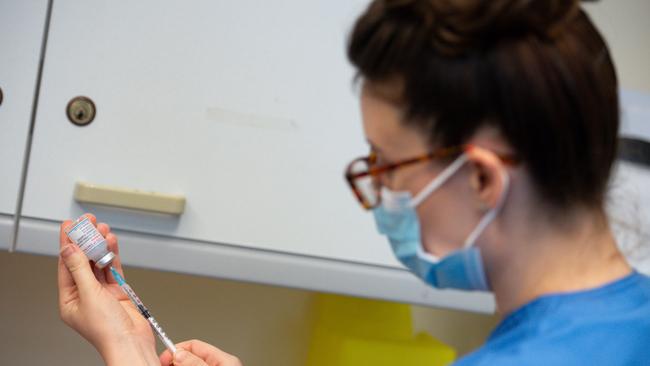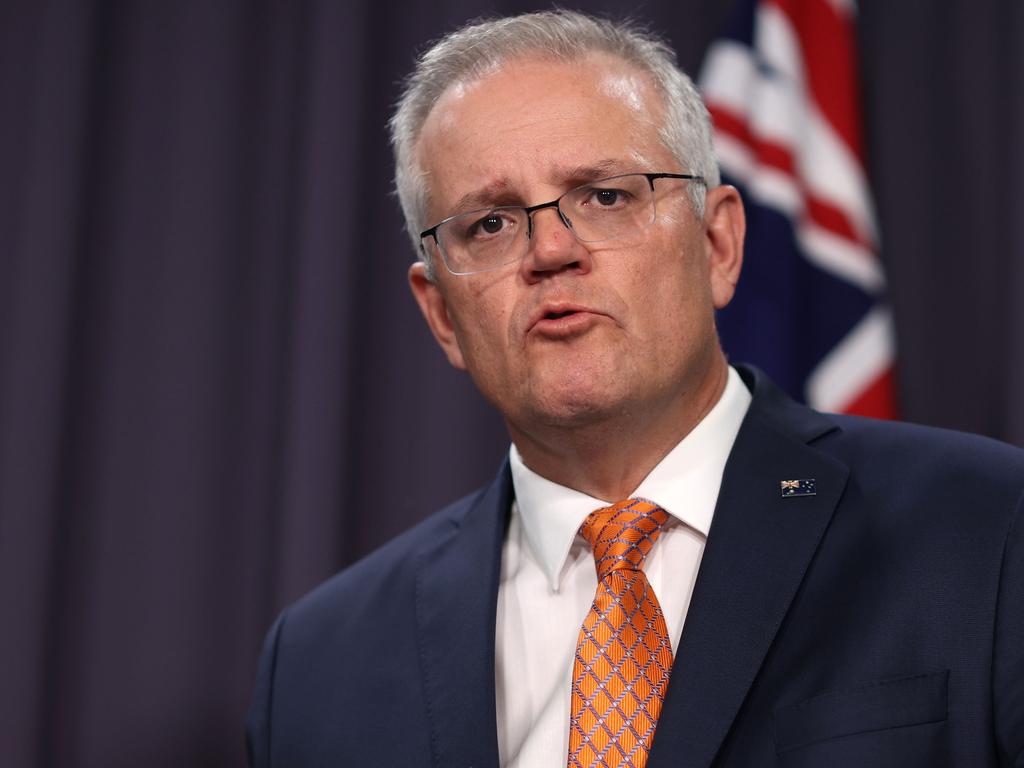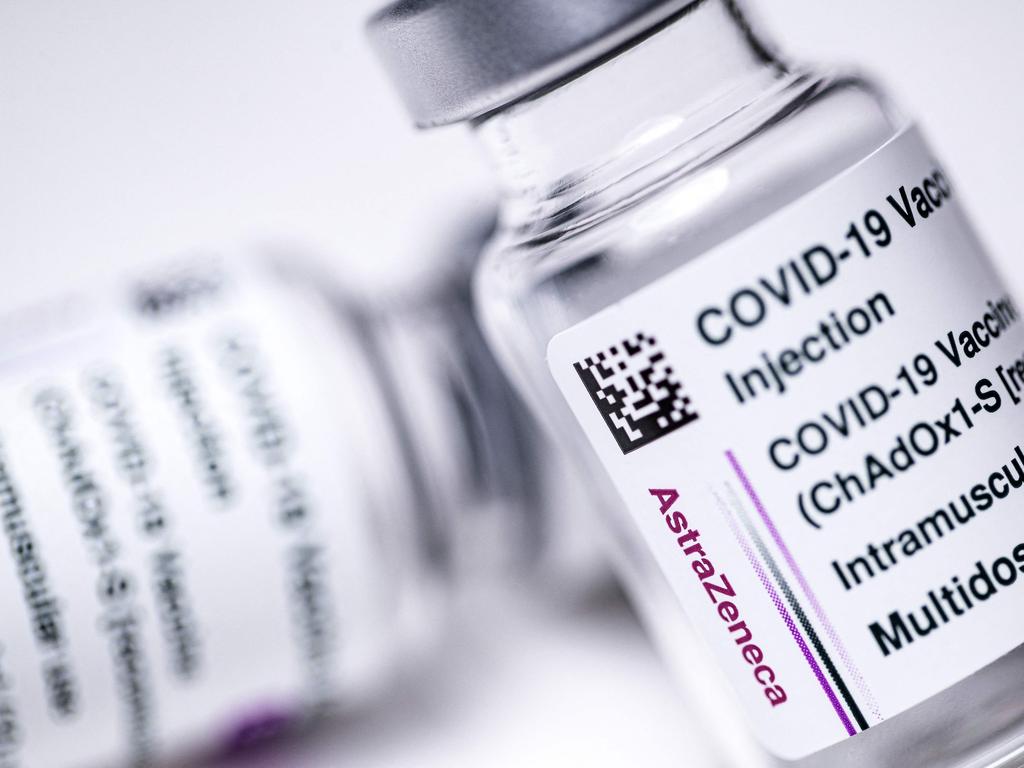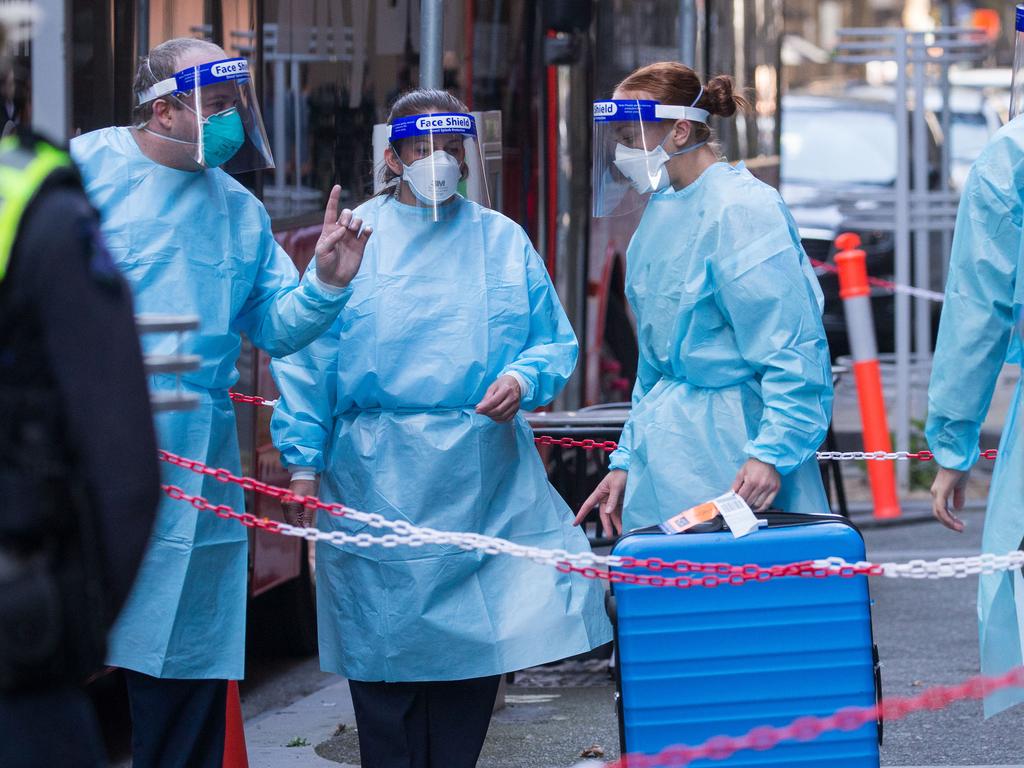Coronavirus vaccines: Moderna antibodies last six months
Six months after healthy adults were fully immunised, antibody levels were strong across all age groups, clinical trial shows.

People who have been given the Moderna vaccine still have antibodies capable of neutralising the coronavirus six months after their second shot, a study has shown.
The results will bolster confidence in the longevity of protection from the Moderna jab, which started to be administered in Britain this week.
The study looked at blood samples taken from 33 healthy adults in a large clinical trial that was held in the US last year. Six months after they had been fully immunised, antibody levels were strong across all age groups.
The rate at which the antibodies were decaying was consistent with that seen in people who had contracted the virus naturally. The results were published in The New England Journal of Medicine.
Neutralising antibodies bind to the spike protein of the virus, preventing it from latching onto and infecting new cells.
There are hopes, however, that other elements of the body’s defences, such as T-cells, will give even longer lasting protection. Studies suggest that the three vaccines that have been used in the UK - from Moderna, Pfizer-BioNTech and Oxford-AstraZeneca - provoke promising T-cell responses.
“We are pleased that this new data shows antibody persistence through six months following the second dose of our COVID-19 vaccine,” Stephane Bancel, chief executive of Moderna, said. “This gives us further confidence in the protection afforded by our COVID-19 vaccine.”
Elle Taylor, a 24-year-old carer from Carmarthenshire, became the first person in Britain to receive the Moderna jab this week. Deployment in England is expected to begin on Monday.
The vaccine uses a technology known as mRNA, which is also at the heart of the Pfizer-BioNTech vaccine. A tiny amount of genetic material is injected, prompting human cells to begin producing replicas of the spike protein. This allows the immune system to learn how to fend off the real pathogen.
The idea that mRNA could be used to produce vaccines has been circulating for nearly three decades. It was not until the COVID-19 pandemic that a jab using the technology was given regulatory approval.
Previous trial results, published in February, had shown that the Moderna vaccine was 94 per cent effective in preventing COVID-19. A separate study, also published in The New England Journal of Medicine this week, suggests that it may be less effective against the South African variant.
Matt Hancock, the health secretary, has said it is likely that booster shots will be required in the autumn to tackle variants of the virus that show signs of evading the present vaccines. Previous research has shown the Moderna vaccine to be effective against the UK variant in laboratory studies.
The team of scientists who developed the Oxford-AstraZeneca vaccine have said that it is impossible to know how long protection will last. Other vaccines using the same underlying technology have been shown to provide immune responses that can persist for a year or more.
The Times







To join the conversation, please log in. Don't have an account? Register
Join the conversation, you are commenting as Logout